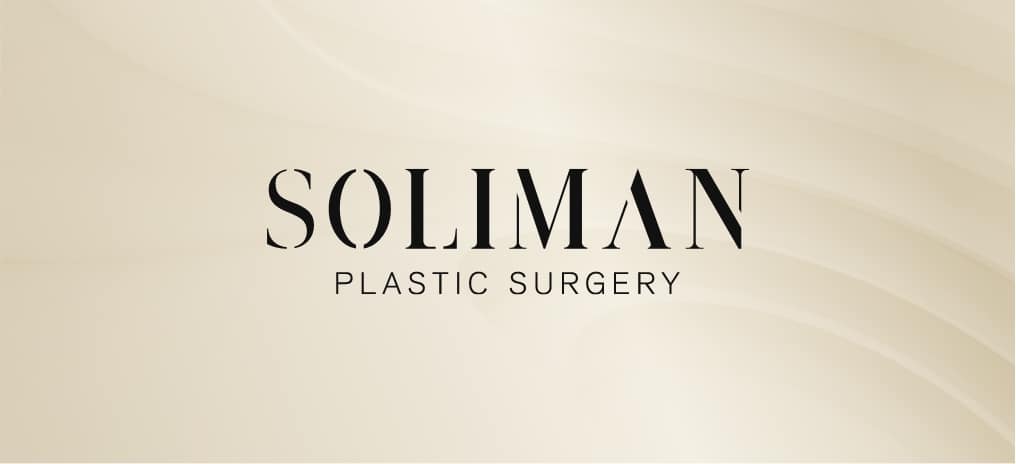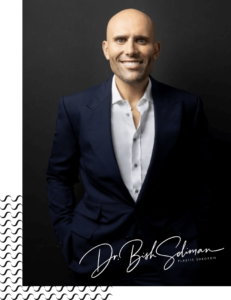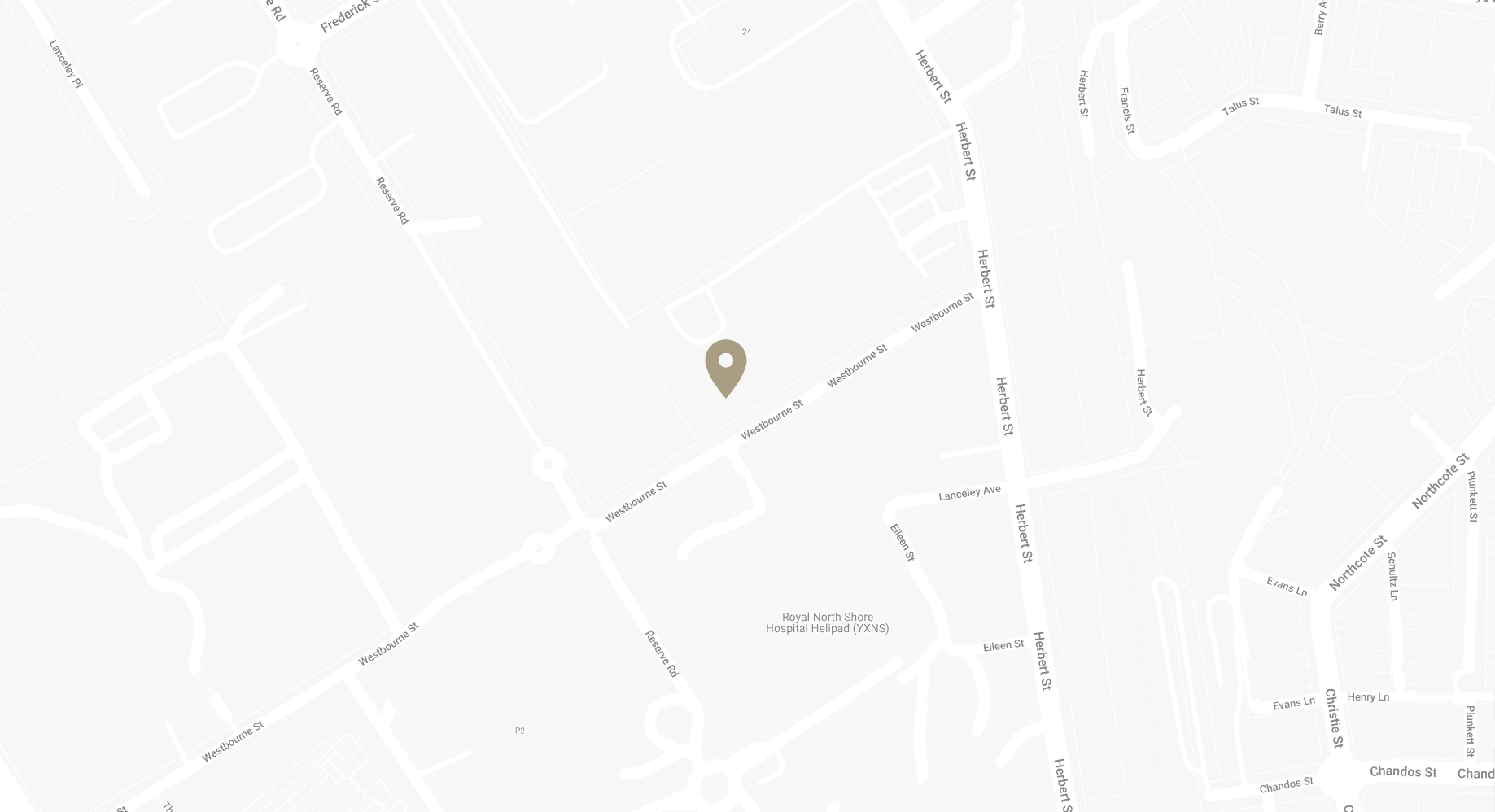Dr Bish Soliman’s Recommendations for the Recovery after Scar Revision Surgery
Scar revision surgery is a procedure designed to reduce the appearance of scars, improve their condition, and enhance the overall look of the skin. It’s a treatment option that many individuals consider after injuries, surgeries, or other conditions that have left noticeable scars. The primary aim of this surgery is not just about enhancing the skin’s appearance but also about improving the functionality of the affected area.
In this blog, Sydney Specialist Plastic Surgeon Dr Bish Soliman will discuss the details of the recovery after scar revision surgery.
Post-Surgery Care after Scar Revision Surgery
After undergoing scar revision surgery, the immediate post-surgery care is essential for a smooth recovery and to minimise the risk of complications. This phase typically involves managing discomfort, ensuring proper wound care, and monitoring for any signs of complications. Here’s what you need to know for the first few hours and days following your surgery:
Managing Discomfort
- Pain Management: You may experience some discomfort after the anaesthesia wears off. Dr Soliman will likely prescribe pain medication or recommend over-the-counter options.
- Rest and Elevation: Keep the treated area elevated as advised by your surgeon to reduce swelling.
- Cold Compresses: Applying cold compresses can help to reduce swelling and discomfort, but make sure to follow Dr Soliman’s instructions regarding their use.
Wound Care
- Dressing and Bandages: Keep the surgical area covered with the dressings provided by your surgeon. You’ll be instructed on how to care for these dressings and when it’s safe to remove or change them.
- Keeping the Area Clean: Follow your surgeon’s advice on cleaning the wound. Typically, keeping the area dry and clean is essential to prevent infection.
- Avoiding Strain: Avoid activities that might put strain on the surgery area, as this can impact healing.
Monitoring for Complications
- Infection Signs: Watch for signs of infection, such as increased redness, warmth, swelling, or discharge from the wound site. If you notice any of these signs, contact Dr Soliman’s team immediately.
- Allergic Reactions: Be alert for any signs of allergic reactions to medications or dressings, such as rash, itching, or breathing difficulties.
- Bleeding: Some bleeding is normal, but if you experience excessive bleeding, seek medical attention.
Activity and Mobility
- Limited Activity: Dr Bish Soliman will advise you on how long to rest before resuming normal activities. It’s crucial to follow these guidelines to avoid complications.
- Gentle Movements: When moving, do so gently to avoid stressing the surgery area.
Managing Pain during Recovery after Scar Revision Surgery
Effective pain management not only ensures you’re comfortable but also aids in your overall recovery, allowing you to return to your daily activities more quickly.
Medication for Pain Relief
- Prescription Painkillers: Your surgeon may prescribe pain medication for the initial days following surgery. It’s important to use these as directed.
- Over-the-Counter Options: For milder pain, over-the-counter pain relievers like paracetamol can be effective. Always check with your medical team before taking any new medication.
- Anti-Inflammatory Drugs: These can help reduce swelling and discomfort but must be used according to Dr Soliman’s instructions.
Natural Pain Relief Methods
- Cold Packs: Applying cold packs can help reduce swelling and numb the pain. Be sure to wrap them in a cloth to avoid direct skin contact.
- Elevation: Elevating the treated area can reduce swelling and discomfort, especially in the first few days after surgery.
- Gentle Movement: Light movement within your comfort zone can help reduce stiffness and improve circulation, but avoid strenuous activities.
Nutrition for Optimal Healing
Your body requires the right balance of nutrients to heal effectively:
Best Foods and Diets to Promote Healing
Choosing the right foods is essential to support your body’s healing process:
- Protein-Rich Foods: Protein is fundamental for tissue repair and muscle strength. Include lean meats, fish, eggs, dairy products, and plant-based proteins like lentils and beans in your diet.
- Vitamins and Minerals: Fresh fruits and vegetables are packed with vitamins and antioxidants that support healing. Focus on a variety of colours to ensure a range of nutrients.
- Whole Grains: Whole grains provide essential fibre, aiding in digestion and preventing constipation, which can be a concern due to reduced mobility and certain medications.
- Healthy Fats: Include sources of healthy fats like avocados, nuts, and olive oil, which are vital for wound healing and overall health.
- Low-Sodium Options: Reduce salt intake to minimise swelling and fluid retention.
- Small, Frequent Meals: Eating smaller meals more frequently can help maintain energy levels and prevent discomfort from large meals.
Hydration and Its Role in Recovery
Staying well-hydrated is another critical aspect of your post-surgery recovery:
- Aids in Tissue Repair: Adequate hydration is key for tissue repair and overall cellular function.
- Reduces Swelling: Keeping hydrated helps in reducing swelling and flushes out toxins from your body.
- Improves Digestion: It assists in maintaining healthy digestion, which can be affected by post-operative medications.
- Enhances Energy Levels: Proper hydration can boost your energy levels, aiding in a more comfortable recovery.
- Water is Best: While certain herbal teas and clear broths are also good, water should be your primary source of hydration.
- Monitor Your Intake: Aim for at least eight glasses of water a day, but this can vary based on individual needs and surgeon’s advice.
Scarring and Skin Care during Recovery after Scar Revision Surgery
Post scar revision surgery, attention to scarring and skin care is an important aspect of your recovery and the overall aesthetics of your procedure.
Techniques to Minimise Scarring
Effective management of scarring starts with understanding and applying the right techniques:
- Follow Wound Care Instructions: Adhering to your surgeon’s wound care instructions is the first step in ensuring minimal scarring.
- Gentle Massage: Once the wound has healed sufficiently and with your surgeon’s approval, gentle massage can help break down scar tissue and improve its appearance.
- Use of Silicone Sheets or Gels: Silicone-based products are known to help reduce scarring by hydrating the tissue and regulating collagen production.
- Avoid Sun Exposure: Protect the healing incisions from direct sunlight, as UV rays can darken scars. Use a broad-spectrum sunscreen if exposure is unavoidable.
- Avoid Smoking and Alcohol: Smoking and excessive alcohol consumption can impede the healing process and worsen scarring.
- Healthy Diet: A balanced diet rich in vitamins and minerals supports skin health and can aid in the appearance of scars.
- Stay Hydrated: Adequate hydration is crucial for maintaining skin elasticity and overall health.
Recommended Skin Care Products and Routines
Taking care of your skin post-surgery involves more than just focusing on the incision sites:
- Hydrating Cleansers: Use gentle, hydrating cleansers to keep the skin clean without causing dryness or irritation.
- Fragrance-Free Moisturisers: Choose moisturisers that are fragrance-free to hydrate your skin without causing irritation.
- Sunscreen: As mentioned, protecting scars from the sun is critical. Use a high-SPF, broad-spectrum sunscreen on any exposed areas.
- Hypoallergenic Products: Opt for hypoallergenic skin care products to avoid any allergic reactions.
- Avoid Harsh Chemicals: Steer clear of skin care products containing harsh chemicals, which can irritate and delay healing.
- Regular Skin Checks: Keep an eye on your skin’s response to products and any changes in the appearance of scars.
FAQs about Scar Revision Surgery
What is scar revision surgery?
- Scar revision surgery is a procedure aimed at improving the appearance of a scar, making it less noticeable and more consistent with the surrounding skin tone and texture. It can also help to restore function if the scar is limiting movement.
Who is a good candidate for scar revision surgery?
- Ideal candidates are individuals with scars that are noticeable and cause concern due to their appearance or location. It’s also important for candidates to have realistic expectations about the results, as the surgery aims to improve but not completely erase the scar.
How long is the recovery after scar revision surgery?
- Recovery time varies depending on the extent of the surgery and the individual’s overall health. Generally, patients can return to their regular activities within a few days to a week, but complete healing of the area may take several weeks to months.
Are there any risks associated with scar revision surgery?
- Like any surgical procedure, scar revision surgery carries risks such as infection, bleeding, and adverse reactions to anaesthesia. There is also a possibility of the scar not improving as expected or the formation of a new scar.
How should I prepare for scar revision surgery?
- Preparation includes having a detailed discussion with Dr Bish Soliman about your medical history and expectations, stopping certain medications if advised, avoiding smoking, and arranging for post-surgery care and transportation. Dr Soliman will provide specific instructions based on your individual needs.
Further Reading about Managing Scars
- Read more about Minimising Breast Augmentation Scars
- Read more about How to Minimise Scars after Gynaecomastia
- Read more about What Will My Scars Look Like after Breast Lift Surgery?
- Read more about How Effective Are Silicone Strips for Plastic Surgery Scars
- Read more about Scars after Breast Reduction for Best Results
- Read more about FAQs about Scar Revision Surgery
Medical References about Scar Revision Surgery
- Scar Treatments: Types of Scars and Their Treatments – WebMD
- Management of Scarring Following Aesthetic Surgery – NCBI
- Scar Revision: What It Is, Who Is a Candidate – Cleveland Clinic
- Scar Revision Procedure Steps – American Society of Plastic Surgeons
- Surgical Scar Revision: An Overview – PMC



